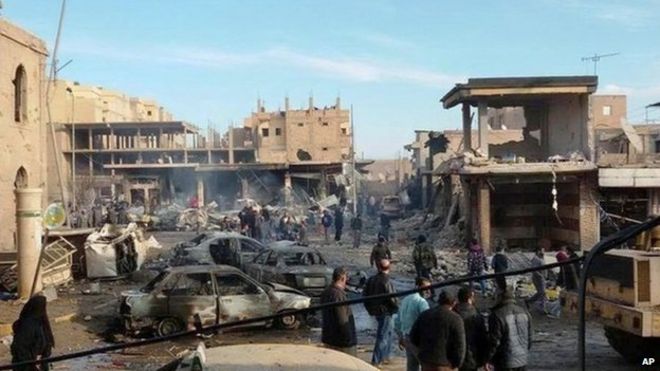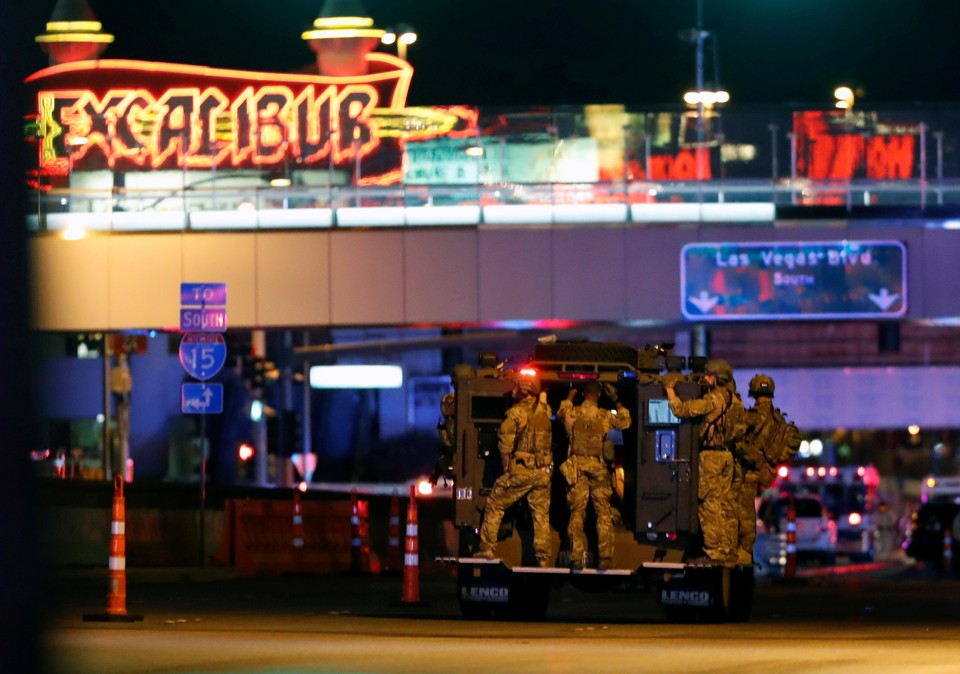 |
| Bli Bli, Queensland, Australia |
Nothing worked. And the appalling state of the internet across Australia would be one of the Prime Minister Malcolm Turnbull's worst legacies, frustrating all endeavour, destroying businesses, killing communication.
A naturally industrious population found itself frustrated at every turn.
Respect for government and respect for politicians ground down to zero.
The government's only reaction, to impose yet more restrictions, to attempt to ever more desperately control the media, destroy the free exchange of ideas, to send their Swastika boots clomping down on every free thinker.
The "marriage equality" debate, which could have been solved in a single afternoon as a basic human rights issue, why should straights be the only ones to suffer, had curdled the public square.
Dangerous, inconsiderate, insouciant.
He was angry at everything, but that did not make him wrong.
In just one piece of high farce, the retiring Family Court Chief Justice Diana Bryant declared that Australia had a very good family law system and in many ways was envied by the world.
So much for the pain of millions. So much for the many people who had worked so hard in an attempt to reform family law. No one could go near Australia's appalling family law jurisdiction and maintain the slightest respect for lawyers, the judicial system or the politicians who allowed this Marxist feminist jurisdiction to continue on its high minded, utterly destructive path.
Never mind.
Reality had nothing to do with Australian public discourse in 2017.
Old Alex listened to the celebrity lesbians and Gucci socialists on Radio National, and simply despaired.
There had to be a way out.
There had to be a way back to the truth. There had to be a way back to common decency.
To a simple thing like a genuine participatory democracy.
To the principles long forgotten.
"In a time of universal deceit - telling the truth is a revolutionary act" - George Orwell
THE BIGGER STORY:
 RAQQA, Syria (Reuters) - Air raids by U.S. coalition warplanes have intensified in recent days as Kurdish and Arab militias seek to drive surrounded Islamic State militants from their last strongholds in Syria’s Raqqa -- but the toll on civilians has been severe.
RAQQA, Syria (Reuters) - Air raids by U.S. coalition warplanes have intensified in recent days as Kurdish and Arab militias seek to drive surrounded Islamic State militants from their last strongholds in Syria’s Raqqa -- but the toll on civilians has been severe.Hundreds of civilians fled the city on Thursday, many wounded and malnourished after being trapped for months by fighting between Islamic State and the U.S.-backed Syrian Democratic Forces (SDF).
Those who fled said the sheer intensity of the bombardment appeared to have made militants shift their positions, retreat or hide underground, giving civilians a window in which to escape.
Abdullah Ali’s burns were still raw from an air strike that brought down his building and killed his entire family a week ago in central Raqqa.
“My wife, mum, dad, all 14 people in my family were killed. Their bodies are trapped under rubble,” the 24-year-old said, sitting outside a mosque on Raqqa’s outskirts.
Ali’s neighbor Abdo Hussein said more than 50 people were in the building when the air strike hit. Just a handful survived and 13 bodies had been pulled out, he said.
The offensive to drive Islamic State out of Raqqa, its de facto Syrian capital which it seized in 2014, has long outlasted initial predictions by SDF officials who said ahead of a final assault in June that it could take just weeks.
The SDF said last week the city could be declared captured in the coming days.
There are still several hundred militants in the city and thousands of residents, the coalition says, many of them believed to be held hostage by IS in a hospital and nearby stadium.
“People had tried to escape before but were shot at by Daesh (Islamic State). I even saw them kill a two-year-old child,” Um Moussa, 38, said, sitting inside the mosque.
”This morning they didn’t seem to be around, or weren’t firing.
“My son saw hordes of people leaving so we decided to go for it. I’d been sleeping fully dressed -- we were ready to flee at the first chance,” she said, wearing black robes and a face veil required under Islamic State’s strict laws.
But weakening the militants with air power has come at a high cost in civilian lives, she and others said.
“Yesterday four entire families were killed in our area. It’s strike after strike.”
+++
While border security and conventional defence policies are of the greatest importance they are not fighting the modern cultural blitzkrieg. Poet Peter Kocan said in one bitter verse that it is like having a fearless armoured knight on guard while the city falls to internal enemies.
What the present political leadership of Australia and other Western countries seem incapable of counteracting, or even comprehending, is that we are engaged in a new kind of conflict – an onslaught by the Left to politicise every aspect of life from football to science fiction.
Accompanying this is the Muslim ‘stealth jihad’. While in Australia the authorities have done a good job in keeping terrorism in check, they seem unaware of the threat to national identity posed by simple demographics. Poland and Hungary, having just recovered their national identities after decades of merciless oppression, seem determined to fight the threat to them, while the Scandinavian countries have largely given up the fight.









